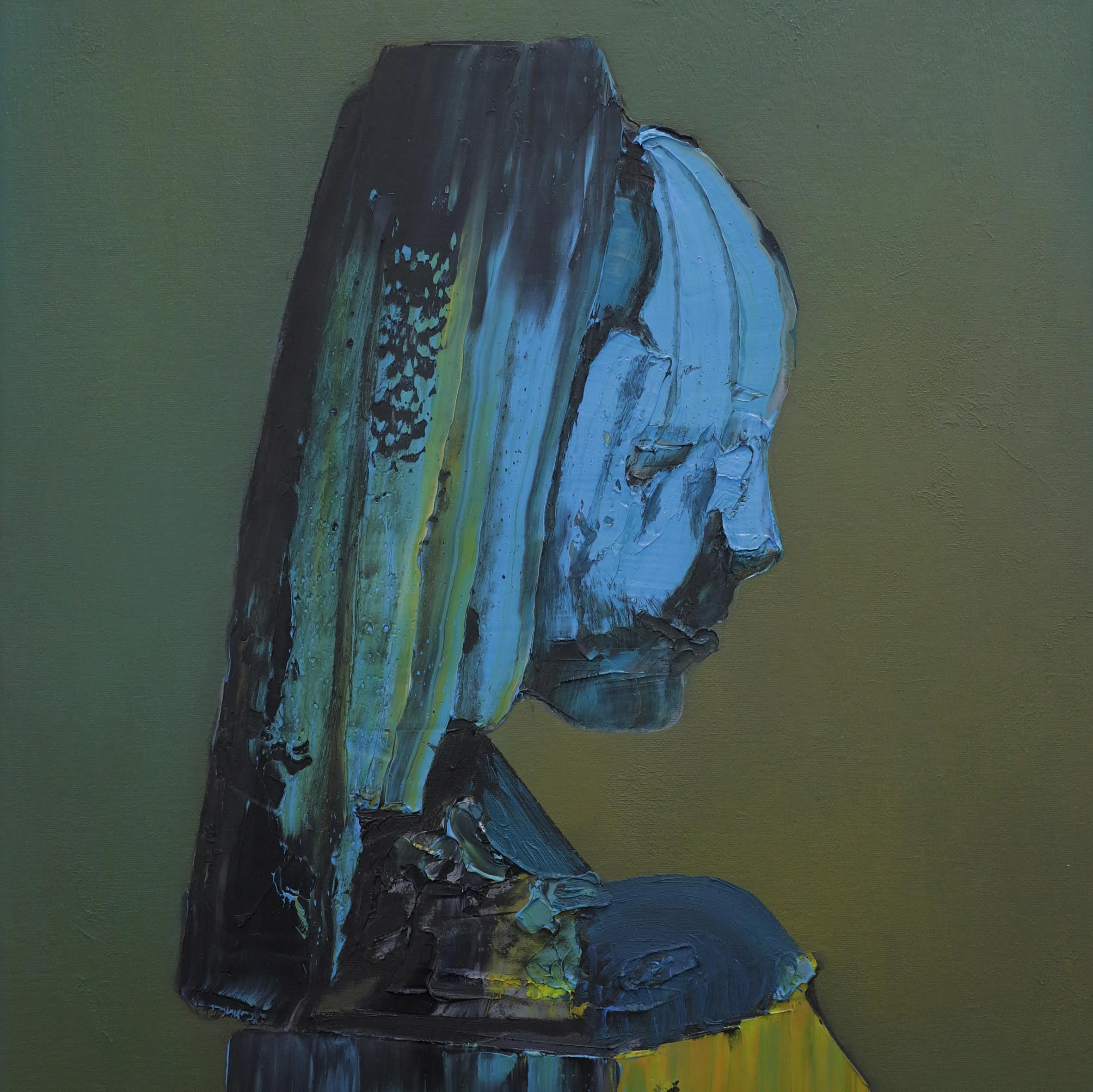
Among a slew of varied and consistently brazen projects (e.g. Leyland Kirby, The Stranger, V/Vm), James Kirby has been releasing music as The Caretaker for some twenty years, sampling obscure big band records from the 1930s and ‘40s and manipulating them so as to conjure the ghosts of old ballrooms and simulate experiences of faltering memory.
An Empty Bliss Beyond This World (2011), The Caretaker’s most critically lauded work to date, was inspired by studies about “the ability of Alzheimer’s patients to recall songs of their past, and with them recollections of places, people, moods, and sensations.” There’s a warmth and sweetness to the music that gets subtly undermined by Kirby’s editing; Pitchfork called the album “unsettling” for being “the musical equivalent of a permanent smile.” Kirby also used his processing wizardry to transform out-of-copyright Schubert piano recordings for a Caretaker soundtrack to Patience (After Sebald), a 2012 documentary about W.G. Sebald’s The Rings of Saturn—itself sprung out of its author’s sense of postwar Europe’s collective amnesia.
Kirby’s current (and possibly final) Caretaker undertaking—an almost irrationally ambitious six-part series called Everywhere at the End of Time, with one LP being released every six months until the project’s completion in March 2019—pushes the concept of exploring “dementia through sound” further still: Kirby has “given the whole project dementia,” meaning each part of the series—becoming increasingly fractured and confused while echoing what has gone before it—is meant to map a particular stage in the progression of Alzheimer’s. By turns tragic, ecstatic, and downright scary, the series is a tour through the deterioration of a subjective consciousness; yet there’s also a broader level on which it functions: it’s an artwork about its own unmaking; an enactment of cultural disintegration; a kind of sonic “Ozymandias.”
Kirby—who is from Manchester, England, but lives in Krakow, Poland—corresponded with me via email right around the release of Stage 4, which came out on his label, History Always Favors the Winners, in April. He was extremely busy, putting the finishing touches on Stage 5 and gearing up to start work on Stage 6, but somehow found time to volubly respond to my questions with an anarchic writing style often devoid of punctuation. Though the transcript was whittled down and doctored slightly for clarity, Kirby’s writing reflected his music: it was sprawling, generous, cryptic, and pulled no punches.
—Landon Bates
THE BELIEVER: You’ve said that you came up with the framework for Everywhere at the End of Time mostly to work on the latter three stages. Why was it necessary to build the first three albums in order...
You have reached your article limit
Sign up for a digital subscription and continue reading all new issues, plus our entire archives, for just $1.50/month.
Already a subscriber? Sign in




